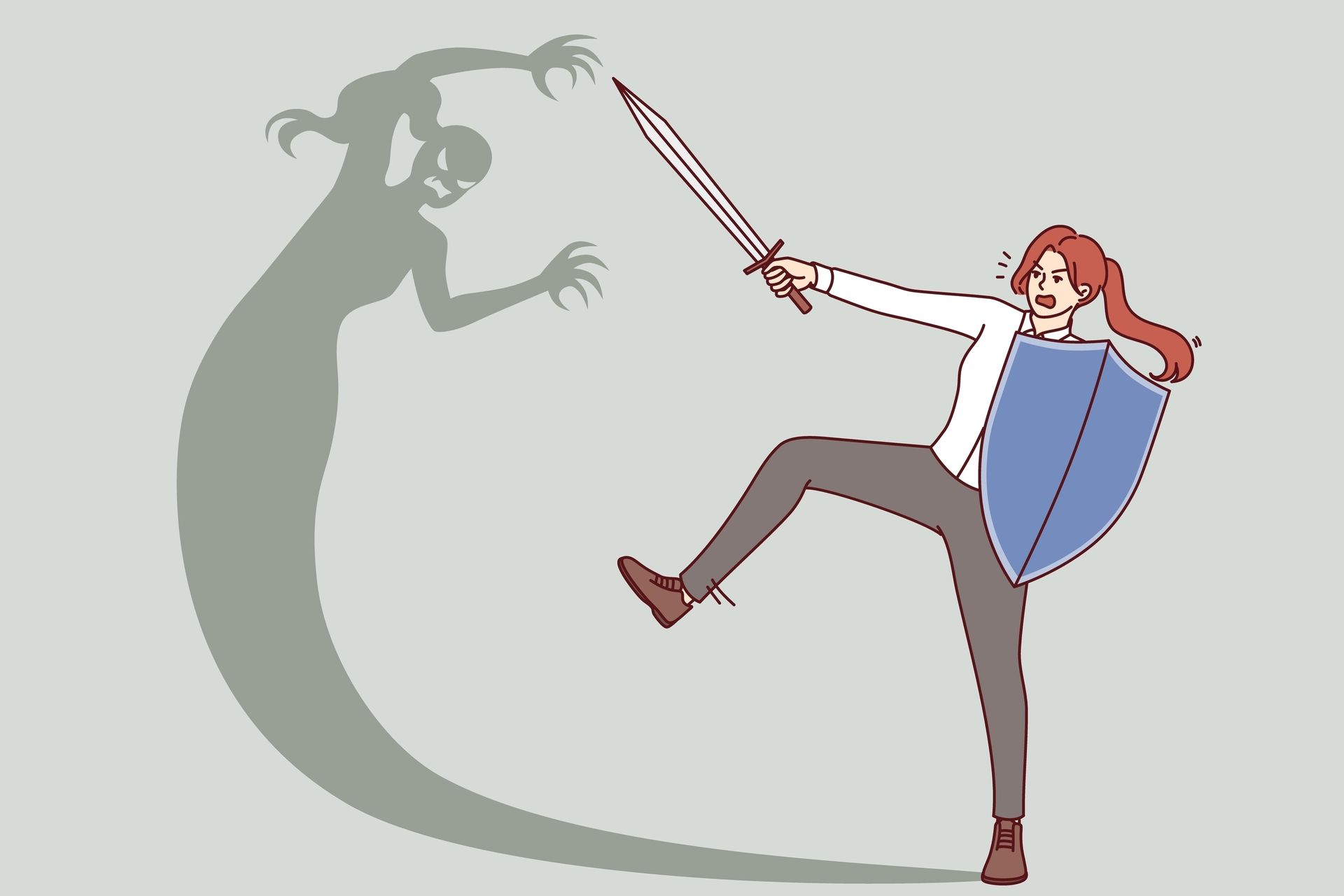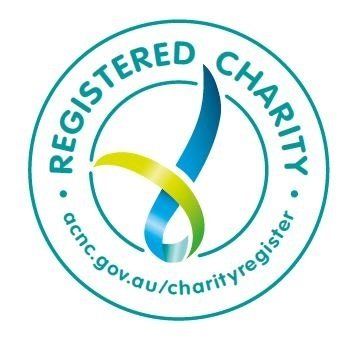Self-Actualising Through Triggers
When I was younger, like almost all teenagers, I sometimes struggled with feeling unhappy, and I felt my feelings were very strong. It's quite a scary thing for a young person to experience, such strong emotions which you just wish you could turn off yet strangely you don't know how to.
It seems, as human beings we have a large degree of control over ourselves, for most people we can control some if not all of our limbs. We can control our thoughts, we can control decisions, yet, strangely, our emotions have a mind of their own. This is because the emotions have laws of their own, which govern them.
Just as in the physical world, Einstein's theory of general relativity explains how large matter interact, and quantum physics explains how subatomic particles interact, and the laws seem completely different despite both of them making up the fabric of reality. The human being is also a dichotomy, of physical, and emotional (or you could even say spiritual if you like). However, there seems to be a link. What we feel affects our actions, and our actions can affect our feelings conversely. Because of this, it is vital that a person takes the time to learn about their inner make up.
From birth we are all endowed with a unique mix of nature (genetics) and nurture (environment). However, what scientists have recently discovered is that our actions can change our gene expressions. What this means is, we can become who we want to be. I find no greater joy in life than to pursue the path to becoming our ultimate self. To help us on this journey, it's important to begin to listen to our feelings instead of always suppressing them. The famous psychoanalyst Carl Jung called this 'facing your shadow'. Your shadow is simply the repressed parts of your psyche (the Greek word for soul: and it's also the same word in psych-ology).

Everyone has a shadow. We develop our shadow throughout life every time we receive criticism, or judgements from others while growing up, and out of fear or shame we change our behaviours. There is value to doing that, i.e. certain situations demand differences in behaviour, however when we lock away parts of ourselves all the time, these parts of our psyche rebel through our emotions - something triggers us.
Triggers are very important. They might not seem pleasant, but, in actuality, triggers are a pointing system to where unresolved issues we haven't dealt with are lurking. One interesting side effect of acknowledging the source of our triggers and dealing with them is unintended positive consequences. For example, you may be afraid of heights. You may have fallen out of a tree when you were young and broken your arm. This can be addressed through exposure therapy.
Exposure therapy is about exposing yourself to your fear in manageable steps to avoid becoming overwhelmed. For example, we know that often the antidote for a snake bite is another kind of venom. Therefore, symbolically speaking; a little of what made you sick is needed to make you better. So. if you are faithful to the process, you will recover. But not only will you recover, you will become better at facing other fears in your life, and you will start to transform your life in unimaginable ways. This is one example of how triggers (strong emotions) when treated with respect can lead us to greater healing.
Now, the problem in many cases is that we have a feeling, but don't know why. You might be scared of heights and never remember why. It might be something someone said to you while you were young, or how you witnessed someone close to you react to heights. This means the source of your emotions are hidden within your unconscious, and through attention and reflection you can slowly unravel the source of the emotion and find the corresponding therapy that can help you resolve it most effectively.
There are many kinds of therapies and some work better for different problems. People are also individuals, and some therapies may feel more comfortable than others. But what's important is that you maintain this growth mindset, that you understand you have the intrinsic ability to overcome your struggles, and just as a caterpillar transforms into a butterfly, the human psyche can undergo such a transformation, and you can fly to freedom.
References:
Beck, A. T. (1976). Cognitive therapy and the emotional disorders. International Universities Press.
Foa, E. B., & Meadows, E. A. (1997). Psychosocial treatments for posttraumatic stress disorder: a critical review. Annual review of Psychology, 48, 449-480. https://doi.org/10.1146/annurev.psych.48.1.449
Freud, S., & Strachey, J. (1987). Introductory lectures on psychoanalysis. Penguin Books.
Hofmann, S. G., Asnaani, A., Vonk, I. J., Sawyer, A. T., & Fang, A. (2012). The Efficacy of Cognitive Behavioural Therapy: A Review of Meta-analyses. Cognitive therapy and research, 36(5), 427-440. https://doi.org/10.1007/s10608-012-9476-1
Jung, C. G. (1992). The collected works of C G Jung. Vol 7, Two essays on analytical psychology. Routledge
McEwen B. S. (2007). Physiology and neurobiology of stress and adaptation: central role of the brain. Physiological reviews, 87(3), 873-904. https://ddec1-0-en-ctp.trendmicro.com:443/wis/clicktime/v1/query?url=https%3a%2f%2fdoi.org%2f10.1152%2fphysrev.00041.2006&umid=10e13b23-88dd-4049-b6ed-d04f300d259d&auth=db950721125a72fc95d429a06a9f4a72eb950d2b-8c08c50e1c253e2186fb60e5cc5b1f6a2f316b15
Van Der Kolk, B. (2014). The body keeps the score: Brain, mind, and body in the healing of trauma. Penguin Books
Wolpe, J. (1990). The Practice of Behaviour Therapy. Perhamon.






